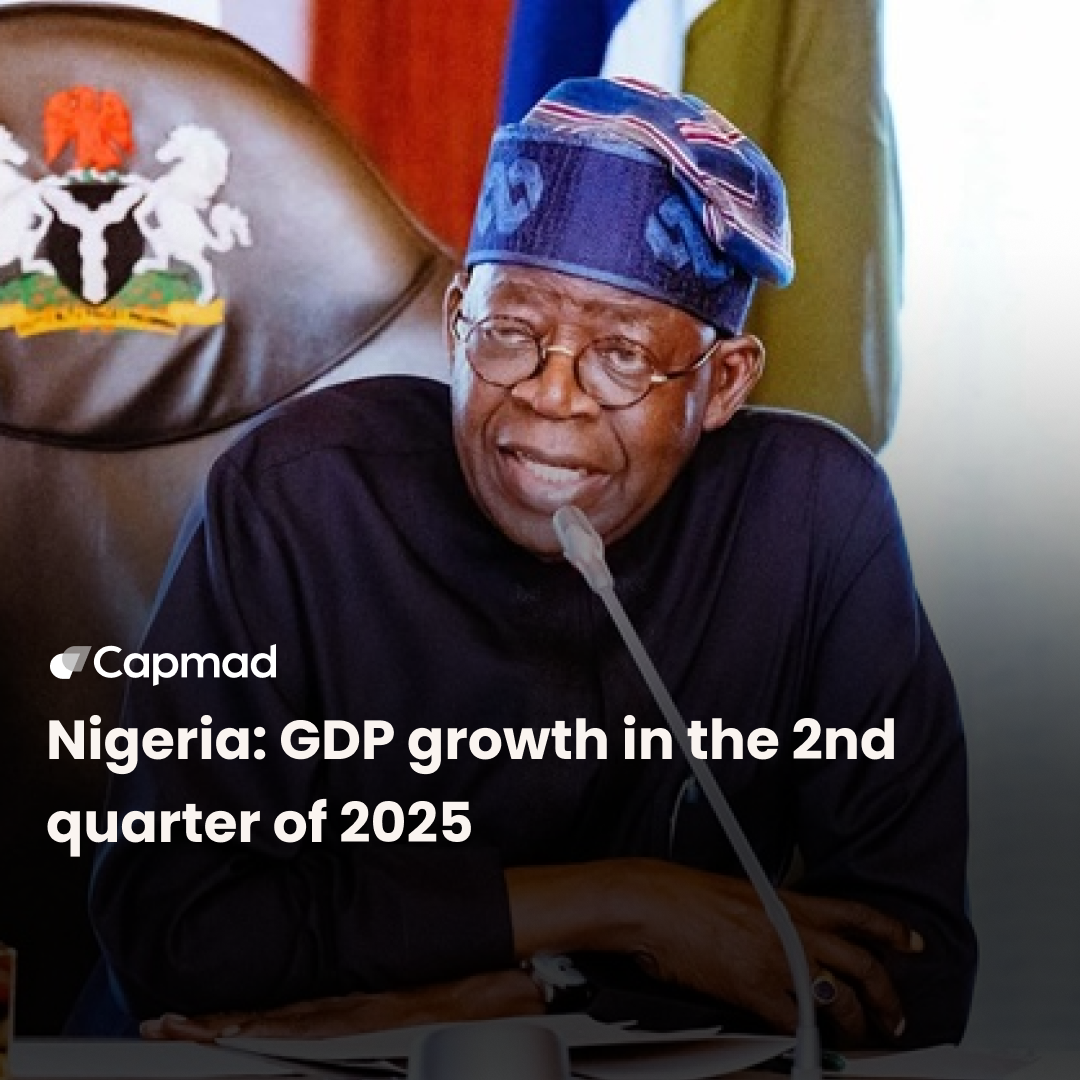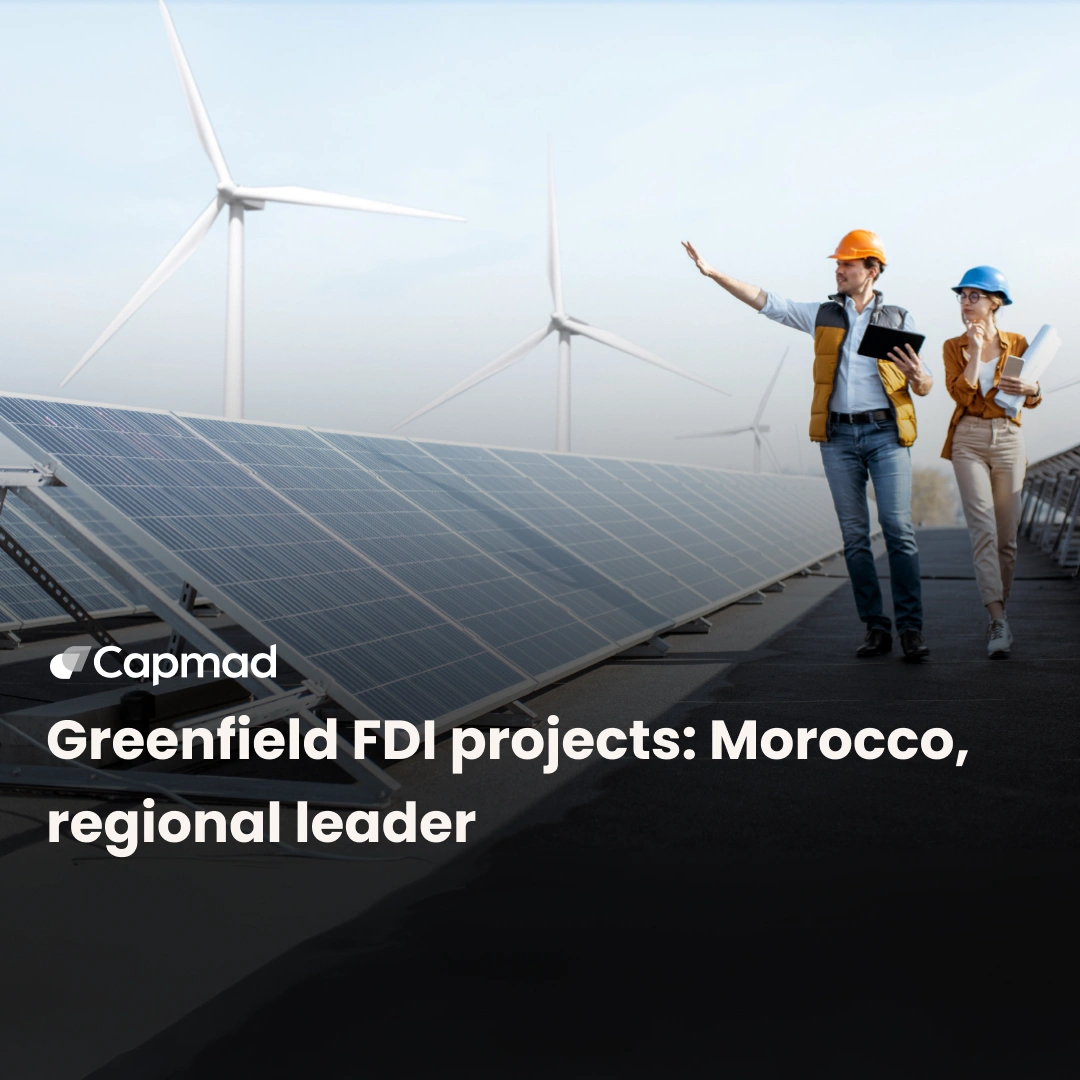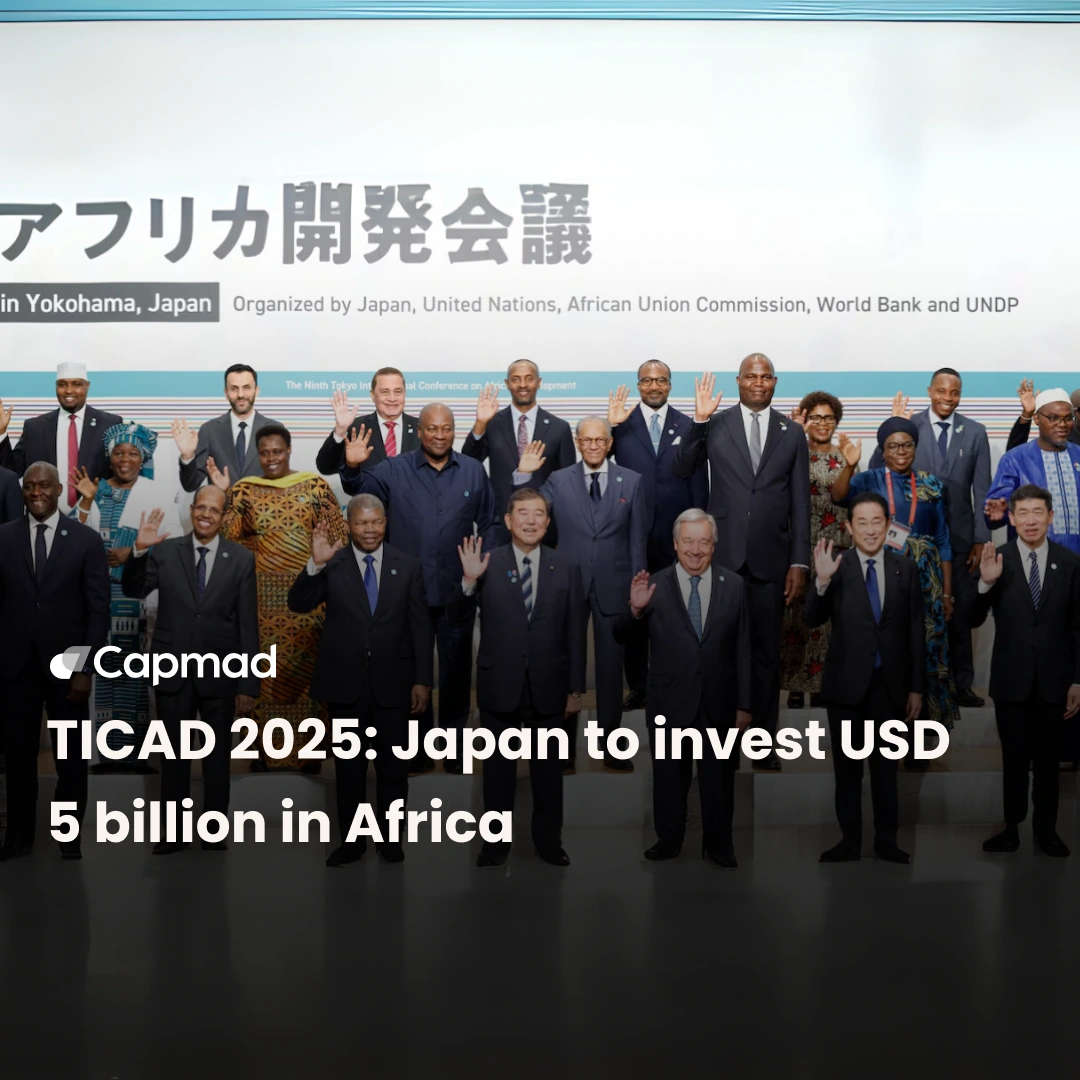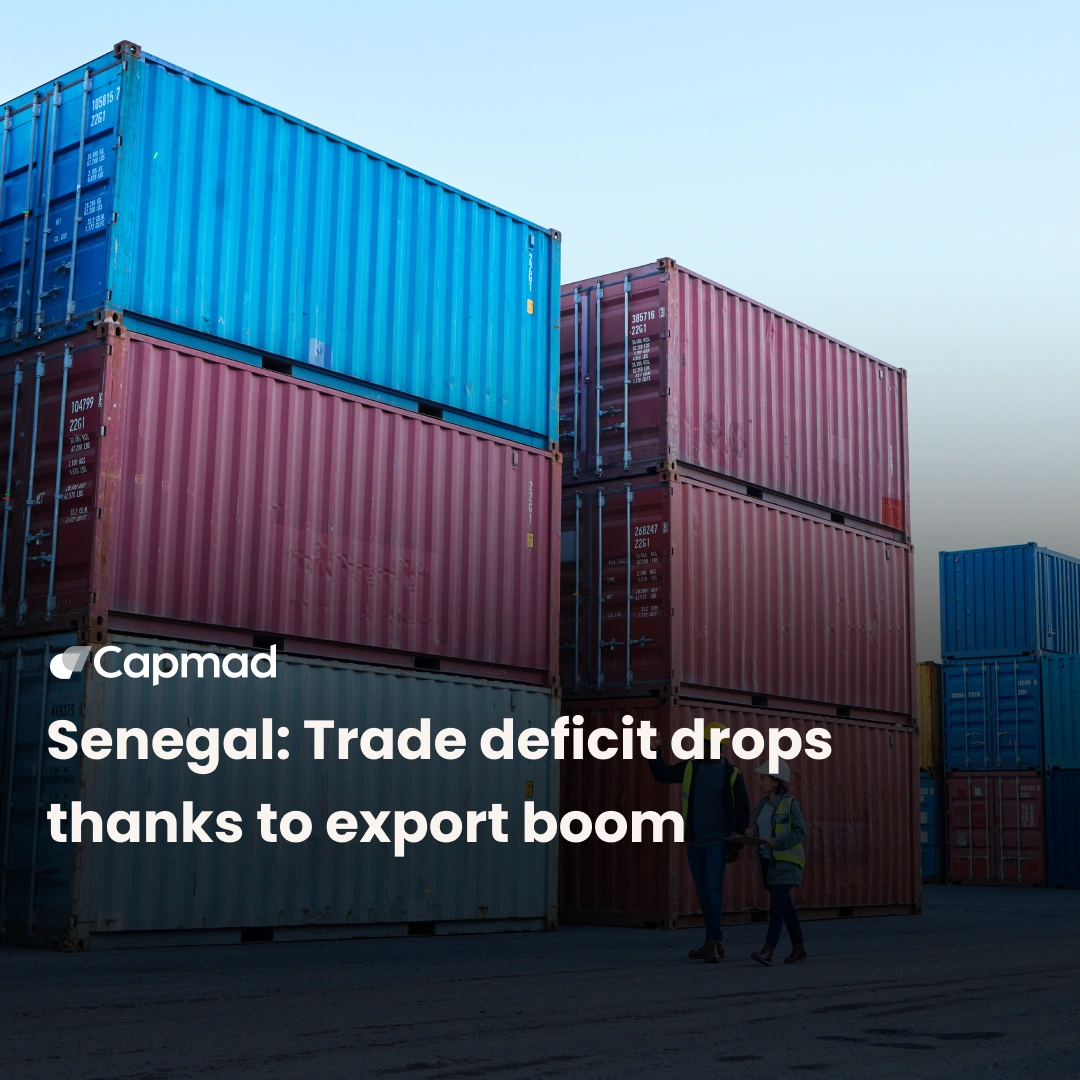March 24, 2025, marks the first anniversary of the presidency of Bassirou Diomaye Faye, who took the helm of Senegal in a complex economic context. Since his accession to power, the country has experienced challenges and opportunities that merit close examination.
Senegal’s Economic Context
Before examining Bassirou Diomaye Faye’s record, it is essential to understand the economic context in which he took office. Senegal has experienced sustained economic growth in recent years, with a GDP growth rate expected to reach 6.1% by 2023. However, challenges such as unemployment, inflation, and dependence on imports continued to weigh on the economy.
Bassirou Diomaye Faye’s Economic Priorities
Since taking office, Bassirou Diomaye Faye has emphasized several economic priorities. These include:
- Economic Diversification
- Job Creation
- Improving Infrastructure
The President also emphasized the importance of agriculture and fisheries, key sectors for the Senegalese economy.
Review of Economic Initiatives
GDP Growth: During Faye’s first year as president, Senegal’s GDP grew by 5.5%. Although this figure is lower than the previous year, it remains positive in an uncertain global context. This growth was supported by investments in infrastructure and energy.
Foreign Investment: The Faye government successfully attracted foreign direct investment (FDI) worth 1.2 billion USD in 2024, representing a 15% increase over the previous year. These investments were primarily directed toward the renewable energy and information technology sectors.
Employment and Unemployment: The unemployment rate in Senegal decreased slightly, from 12.5% to 11.8% during the year. The government launched several vocational training and entrepreneurship programs to help young people enter the labor market. Approximately 30,000 jobs were created in the informal sector through these initiatives.
Inflation: Inflation has been a major challenge for the Faye government. In 2024, the inflation rate reached 8.2%, mainly due to rising food and energy prices. The government implemented measures to stabilize prices, including subsidies on certain basic goods.
Infrastructure: One of the flagship projects of Faye’s presidency was infrastructure development. The government launched an ambitious road and bridge construction program with a budget of USD 500 million. These projects aimed to improve connectivity between regions and stimulate trade.
Surprising Revelations About Public Finances
At the beginning of his term, Bassirou Diomaye Faye ordered an audit of public finances, carried out by the Court of Auditors. After ten months of investigation, the results revealed a national debt reaching nearly 100% of GDP and a budget deficit of 12%.
As a direct result, the rating agencies Moody’s and Standard & Poor’s downgraded Senegal’s credit rating, making international borrowing more expensive and discouraging foreign investors.
Despite obstacles, President Faye continued his path toward greater economic autonomy. He expressed his intention to re-discuss oil, gas, and mining agreements to ensure a more equitable distribution of national resources. This approach is part of a broader aspiration. The goal is to reduce the country’s economic dependence on foreign partners while consolidating domestic production.
Senegal 2050 Plan: Too Long a Vision
To ensure the sustainability of these changes, President Bassirou Diomaye Faye is banking on the Senegal 2050 Plan. Many Senegalese believe this is too distant a prospect, given the many current emergencies. However, this government approach relies on the exploitation of national fossil fuel resources, particularly the production of 100,000 barrels of oil daily and gas profits shared with Mauritania.
Despite his stated ambitions and tangible measures, the President faces recurring challenges. Maintaining a delicate balance between the need to reassure investors, stabilize public finances, accelerate reforms, and meet the expectations of the population remains a challenge.
Several Initiatives to Immediately Strengthen the Senegalese Economy
Looking ahead, President Faye announces several initiatives to strengthen the Senegalese economy.
Promoting sustainable agriculture: The government plans to invest in modern agricultural technologies to improve productivity and reduce dependence on food imports.
Developing renewable energy: With a goal of achieving 30% of its energy production from renewable sources by 2030, Senegal is seeking to diversify its energy sources and reduce costs.
Improving education and training: President Faye has emphasized the importance of education for economic development. Investments in the education sector are planned to develop a skilled workforce.
Laying the foundations for a more resilient Senegalese economy
One year after assuming the presidency, Bassirou Diomaye Faye has successfully laid the foundations for a more resilient Senegalese economy. Although challenges remain, the initiatives implemented demonstrate a commitment to economic growth and the well-being of its citizens.
The coming months will be crucial for assessing the impact of these policies and determining whether Senegal can continue on its path to prosperity. The economic record of this first year is therefore a mix of accomplishments and challenges, but it also paves the way for a promising future for the country.






